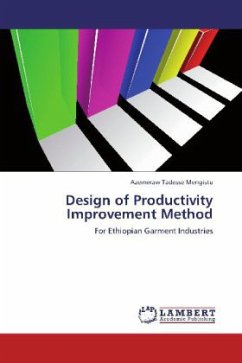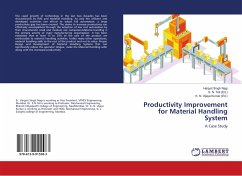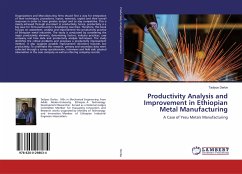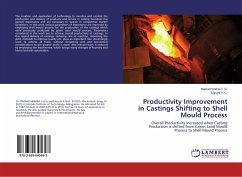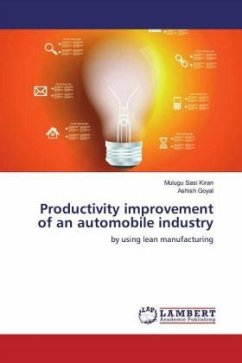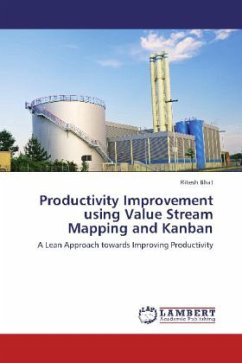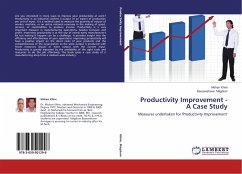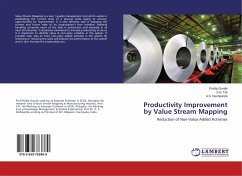Ethiopian Garment Industries (EGIs) are not competitive in the global market. One of the main reasons is low productivity. The main objective of the study is to develop a method that supports productivity improvement of EGIs. To achieve this objective, a literature survey has been conducted to get empirical knowledge. The existing productivity measurement and improvement practices, and productivity factors of EGIs have been assessed using questionnaire and secondary data. In order to make the study practical and realistic, a case study has been conducted on Novastar Garment PLC. The result shows that the productivity of EGIs and the case company is low when it compared with the best practice. The partial and total productivity indicators of the case company show under target performance. Most of surrogate productivity and process indicators of the company show poor status. To solve the problems associated with these productivity factors, sustainable and organized productivity improvement program is required. To improve the productivity, a method called Productivity Improvement Method (PIM) has been developed for EGIs.
Bitte wählen Sie Ihr Anliegen aus.
Rechnungen
Retourenschein anfordern
Bestellstatus
Storno

